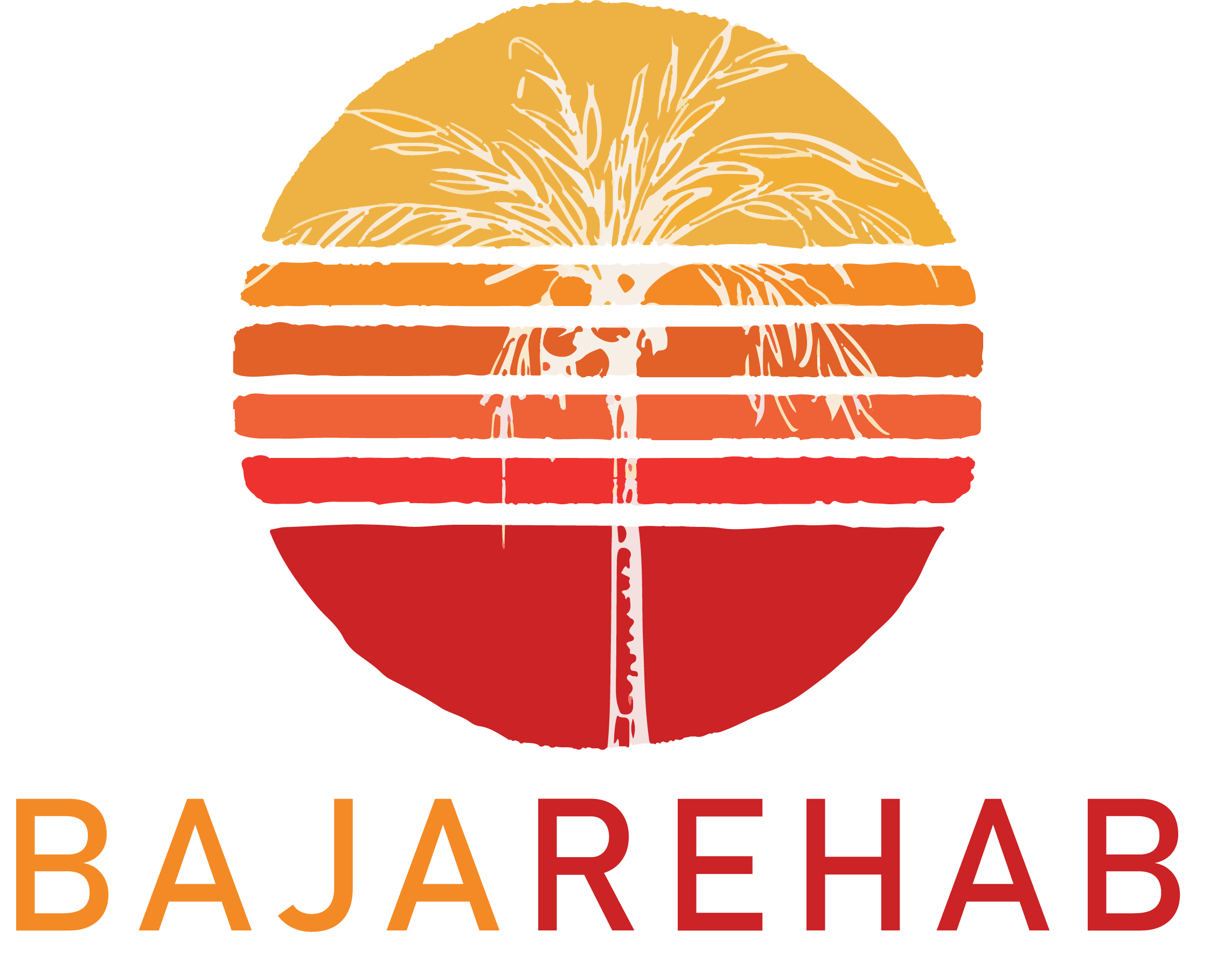Dual diagnosis (also called co-occurring disorders (COD) or dual pathology) is the condition of having a mental illness and a comorbid substance use disorder. There is considerable debate surrounding the appropriateness of using a single category for a heterogeneous group of individuals with complex needs and a varied range of problems. The concept can be used broadly, for example, depression and alcohol use disorder, or it can be restricted to specify severe mental illness (e.g. psychosis, schizophrenia) and substance use disorder (e.g. cannabis use), or a person who has a milder mental illness and a drug dependency, such as panic disorder or generalized anxiety disorder and is dependent on opioids. Diagnosing a primary psychiatric illness in people who use substances is challenging as substance use disorder itself often induces psychiatric symptoms, thus making it necessary to differentiate between substance-induced and pre-existing mental illness.
local5x Changed status to publish


